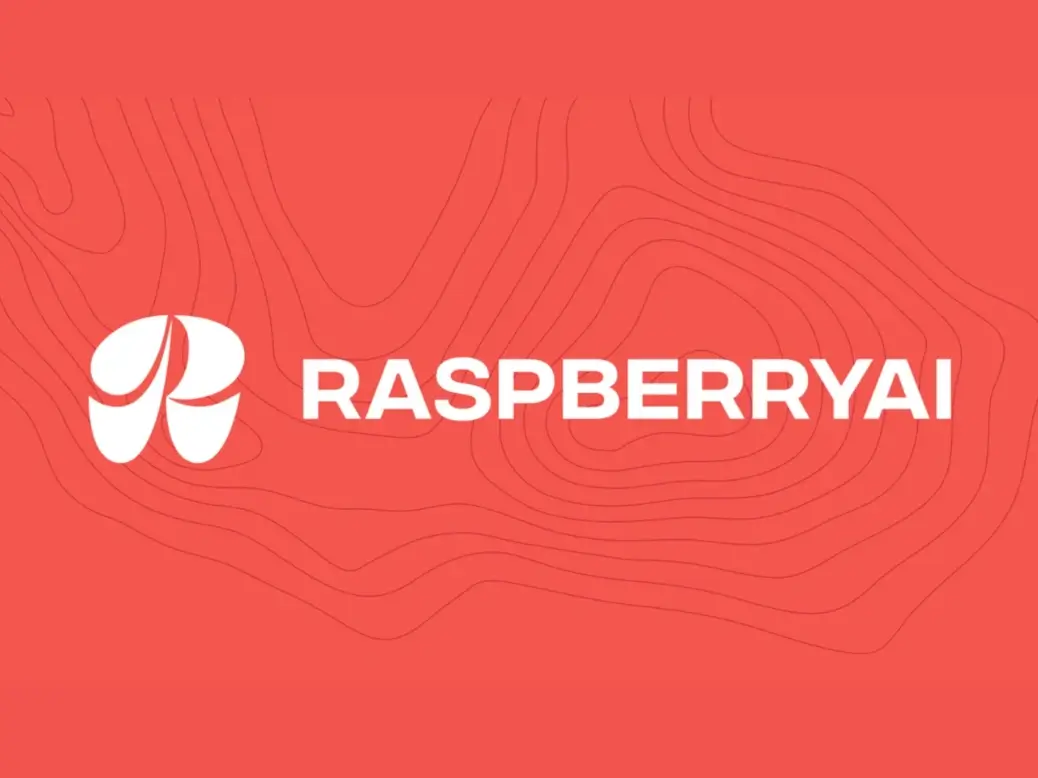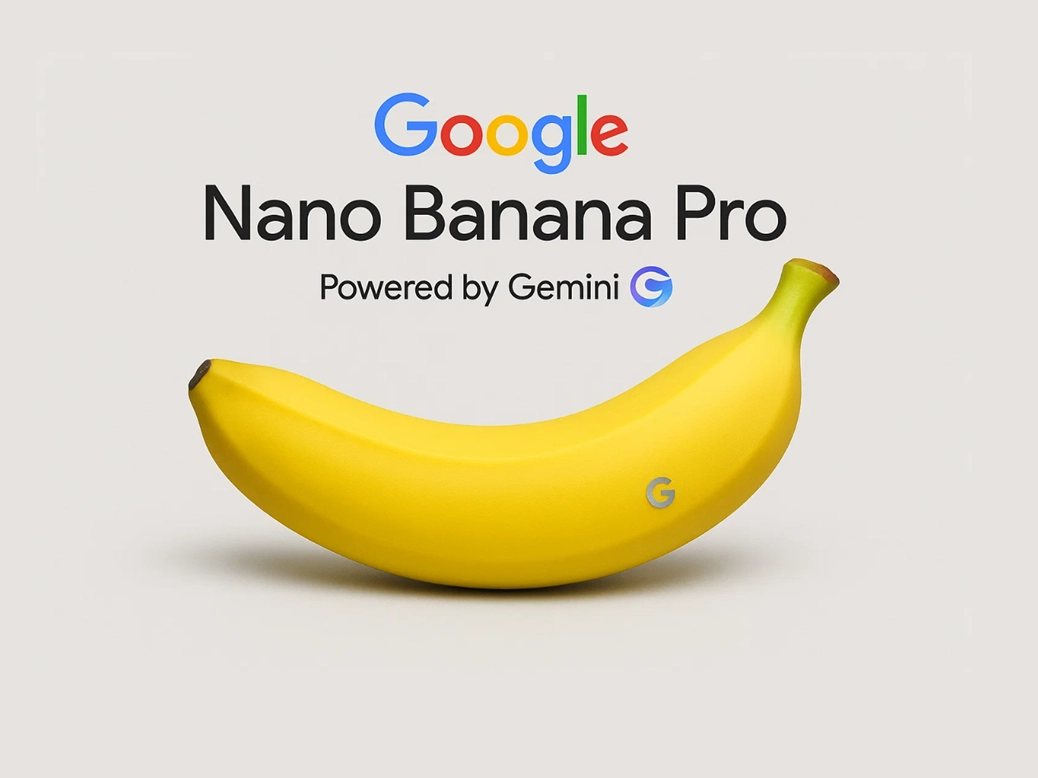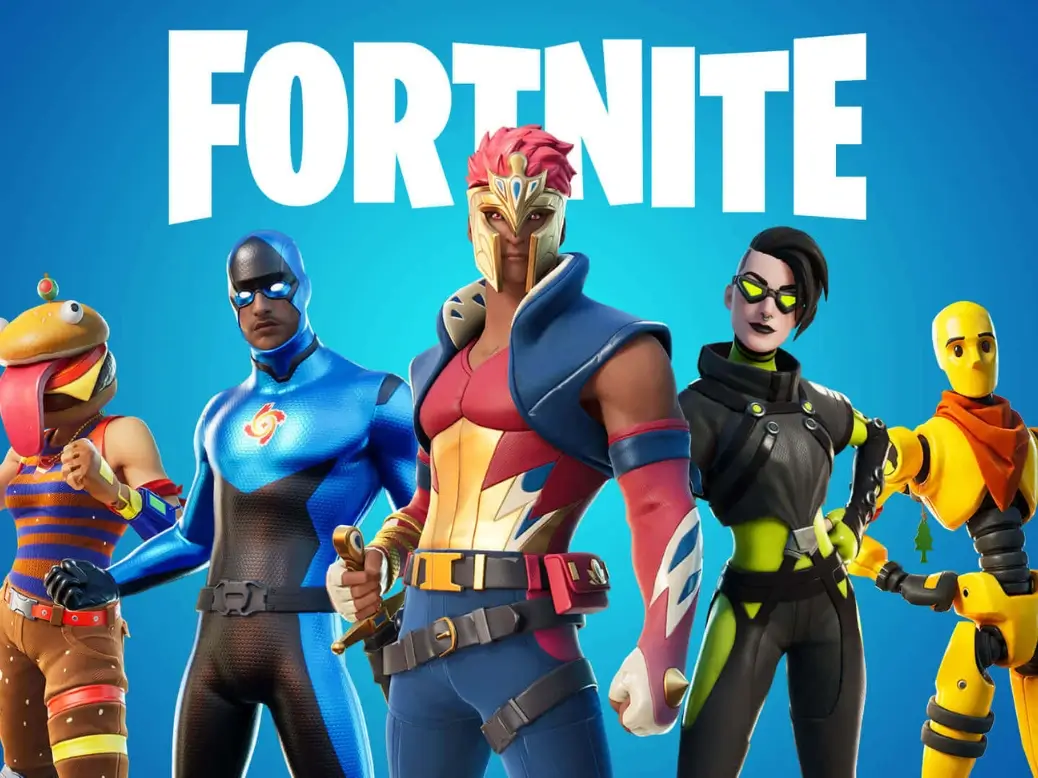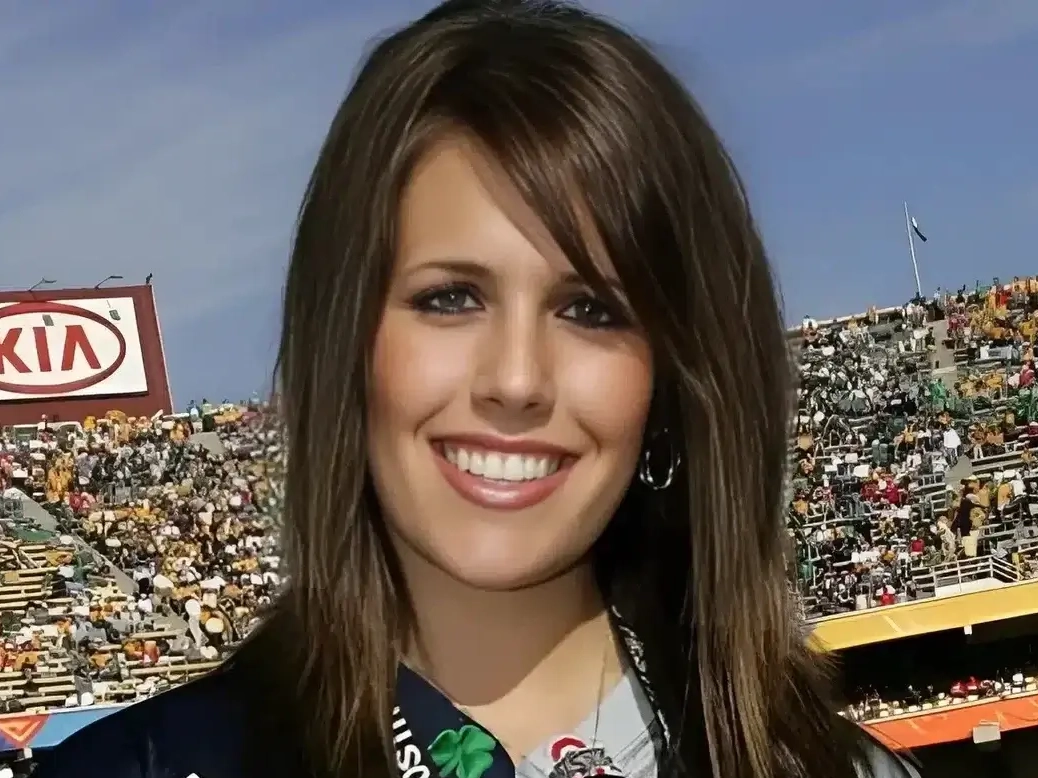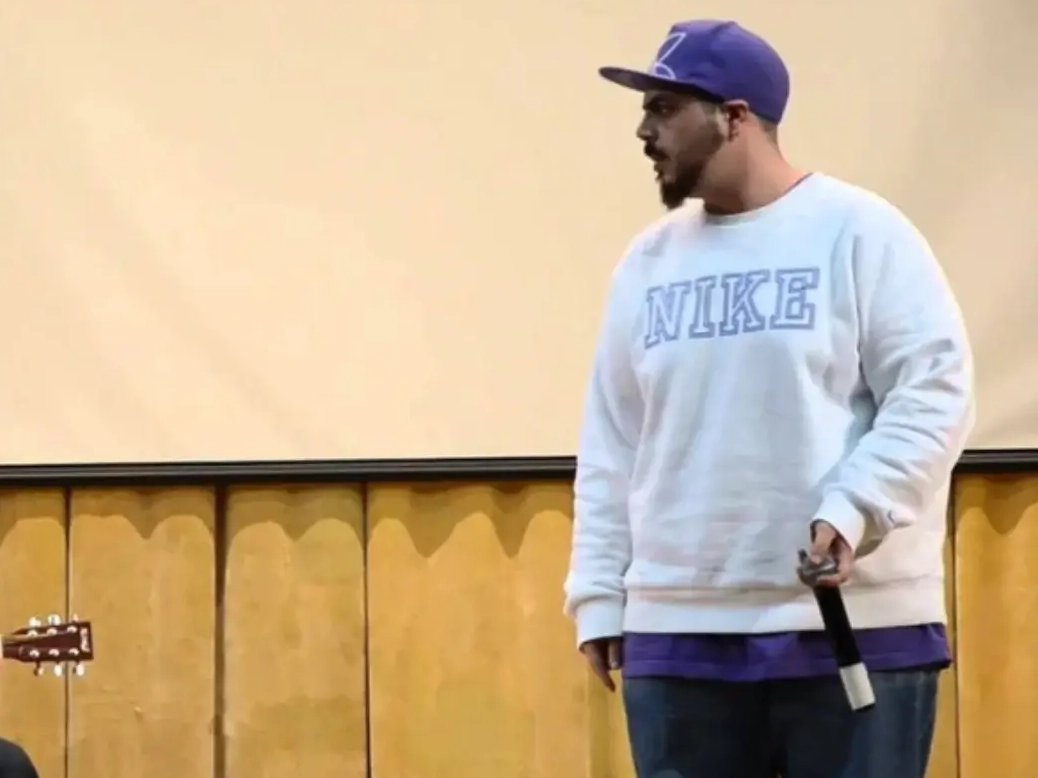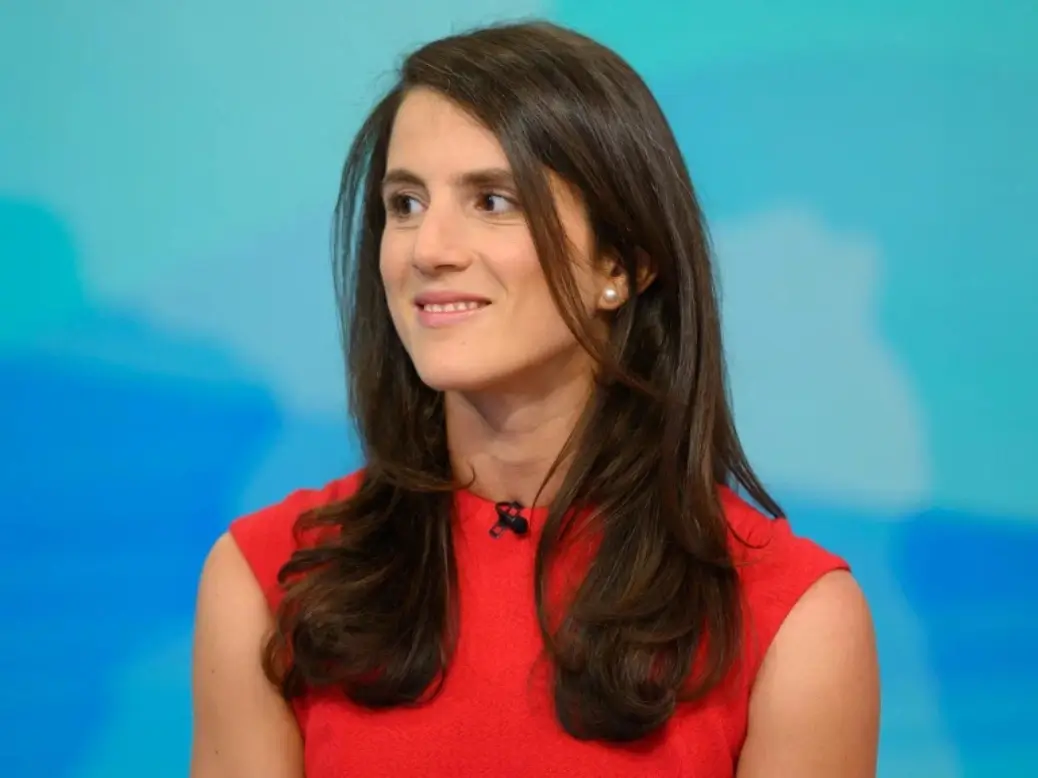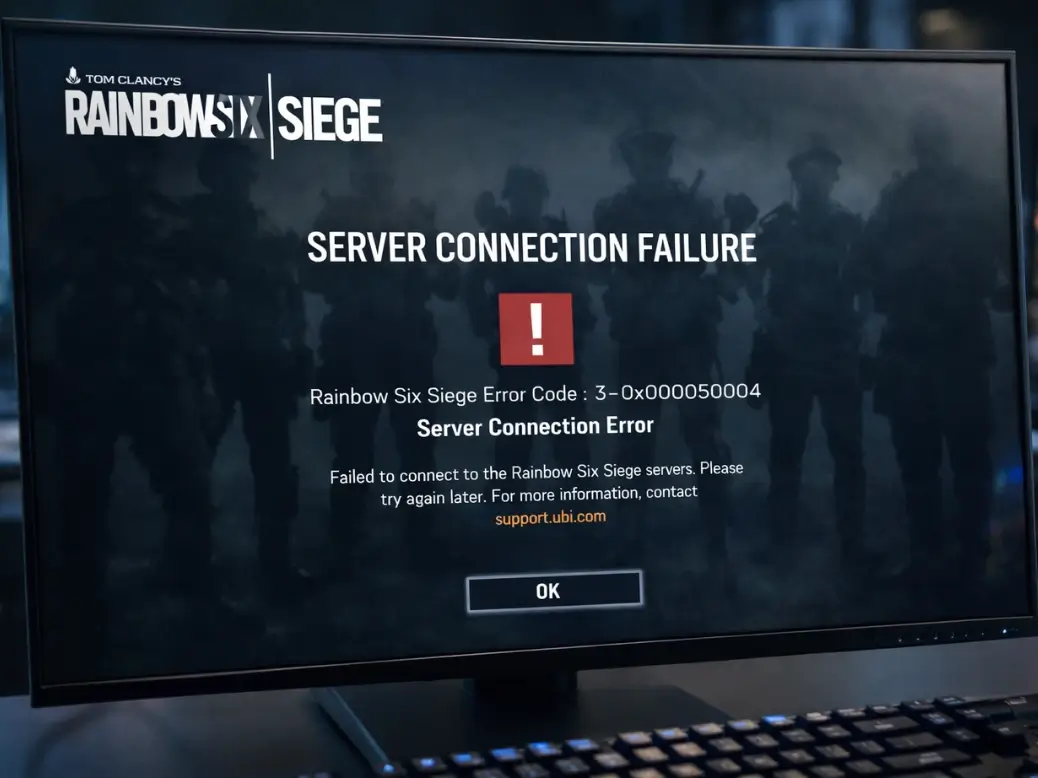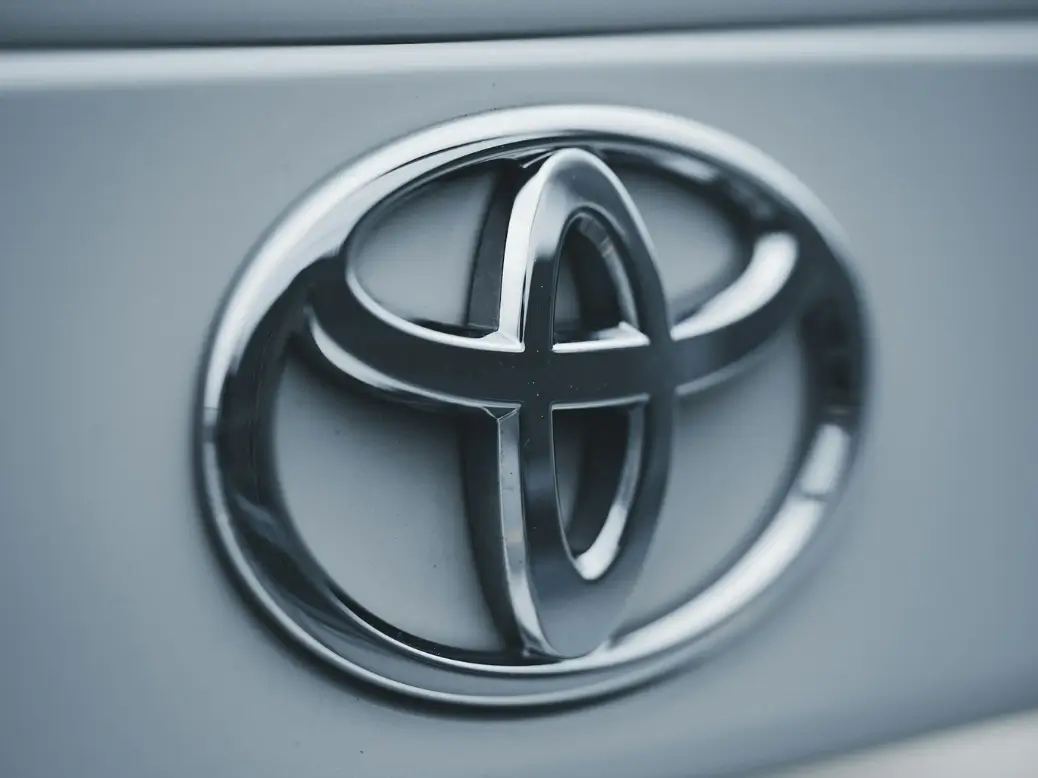The fast-fashion cycle is accelerating with retailers churning out new styles, while fast-fashion behemoths like Shein, H&M and Zara are restocking their collections nearly every day. As brands and manufacturers look for more efficient ways to get desirable designs onto the fashion floor in response to the heightened demand for newness.
This is just one among many different solutions already implemented, including the two-year-old startup Raspberry AI, which can drastically speed up an organisation’s product development by using a text-to-image platform to give designers a markedly faster way to iterate their concepts before they start to build. Cheryl Liu, a founder formerly a private equity analyst at KKR and a retail expert who worked at Amazon and DoorDash, saw the potential for generative AI in fashion design after image generation models like OpenAI’s DALL-E and Stability AI’s Stable Diffusion launched in late 2022.
“You could quickly generate hundreds of designs,” Liu said, “for the first time, in a way that’s never been possible.” In the past, designers had to wait weeks to receive physical samples of their ideas. Browzwear and Adobe’s Photoshop were the primary alternatives, other older tools for computer-aided design.
With Raspberry, designers are able to turn their sketches into images that look like they would on the brand’s website, helping with production decisions. “You can see the same base piece in many different materials and prints,” Liu said. “No company would ever order 50 different samples for one product but now they can see 50 variations of one design.”
It has quickly gained traction, attracting 70 clients such as Under Armour, Gruppo Teddy (which operates more than 8,000 stores worldwide) and luxury designer MCM Worldwide. And the growth made it possible for Raspberry to close on a $24 million Series A funding round led by Andreessen Horowitz after a $4.5 million seed round only 10 months earlier. Bryan Kim, an attorney at the firm, was excited about Liu’s approach and the possibility for AI to improve the fashion manufacturing process.
Liu does note competition from other AI image generators like Midjourney and DALL-E, but says Raspberry is differentiated by its knowledge of industry-specific vocabulary. For example, it correctly understands phrases like “fuzzy sweater,” which rivals might not, and Raspberry enables designers to generate images in situ, straight from the drawing board.
The fresh capital will go toward hiring in engineering, sales and marketing and expansion into design for home, furniture and cosmetics.

